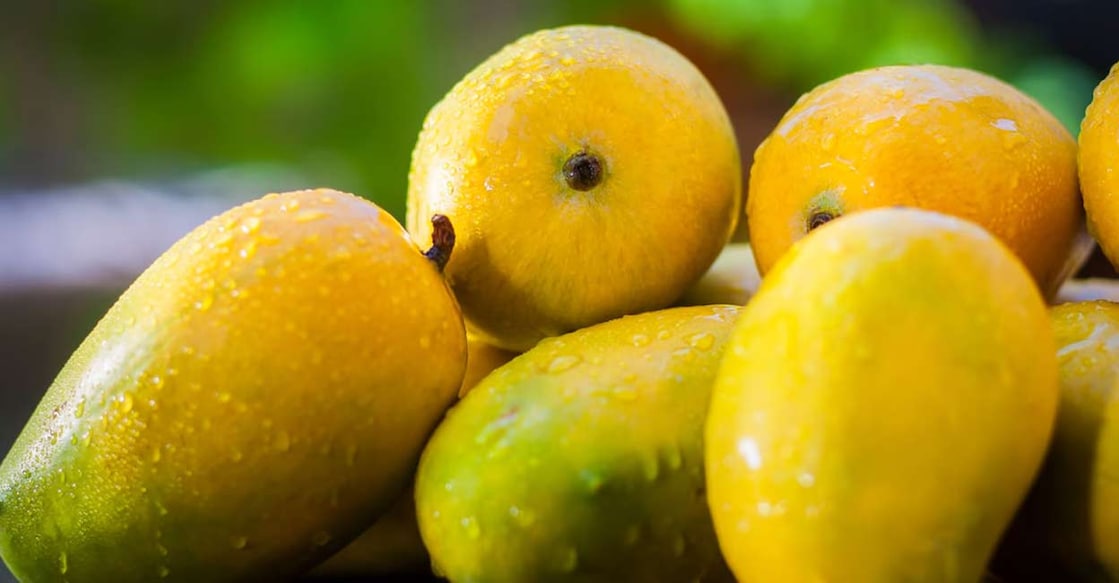Priced at more than Rs 1000/kg, these mango varieties are farmers' delight

Mail This Article
Summer means mango season. Let's explore the sweet and inspiring stories of two unique mango varieties from two different states in our mango-rich country.
The taste of the Mughal legacy
Can you believe a mango can cost Rs1000 per kg? That's the price of a single Noor Jahan mango, named after a Mughal queen. Depending on size, prices start at Rs 500 and can exceed Rs 1000. Originating in Afghanistan, this variety reached Madhya Pradesh via Gujarat. These mangoes are significantly larger than common varieties. Farmers attribute this size to the local climate and soil.
Primarily cultivated in Kathiyawadi, Madhya Pradesh, they weigh between 2.5 and 5 kilograms. Flowering in January-February, they're harvested in June. They have soft skin and juicy flesh. Careful nurturing is vital, from planting the sapling onwards; overwatering is detrimental. The trees begin flowering five years after planting, requiring fertile soil, adequate rainfall, and ample sunlight.
The successful 'Koppal' saga
The story of Koppal Kesari mangoes from Karnataka is one of remarkable price appreciation. Once selling for just Rs10 per kilogram, these mangoes now command Rs150-250 per kilogram in the market. Homes and apartments in Bengaluru eagerly await their arrival. Their unique taste is a major draw.
This variety thrives in Koppal town, Karnataka, and its distinctive flavour is attributed to the region's unique climate and soil. Deputy Director of the Horticulture Department in Koppal district, Krishna Ukkunda, played a crucial role in promoting this mango. He organized training programs involving around a thousand farmers from 15 villages, also including traders from Mumbai and Hyderabad. This revitalized the farming community. In 2017, total sales reached Rs 1 crore, a significant increase from previous years' low prices.
Koppal's intense heat (45 degrees Celsius) accelerates ripening, enhancing the mango's taste and aroma. Harvesting begins around mid-April. The cultivation, initially spread across 1300 hectares in various villages, now extends to 5000 hectares, thanks to government support. The 'Koppal Kesari' mango, now priced at Rs 150-250 per kilogram, reaches markets in Sri Lanka, Bahrain, Dubai, Bangladesh, and European countries. Even during the COVID-19 pandemic, these mangoes were available in Indian cities.

